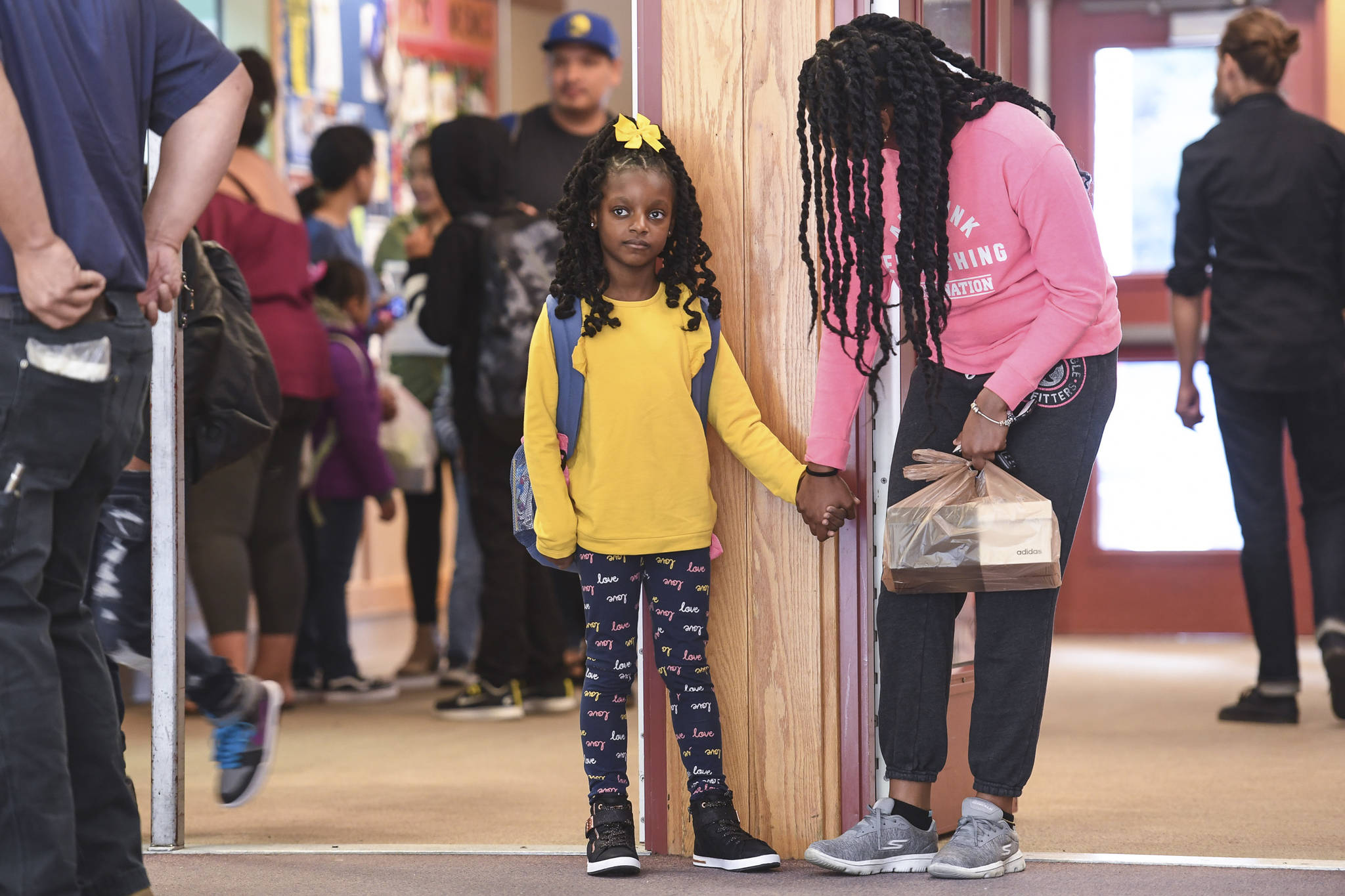Much of the consternation about proposed state budget vetoes this year centers around those related to education. Indeed, the University of Alaska bore the brunt of those reductions – initially $135 million and later reduced to $70 million.
The size of these cuts sparked indignation among administrators, faculty, students and many members of the public. But others realized that this was inevitable.
Continually rising costs, a bloated bureaucracy, inefficient duplication of programs, accreditation problems, a dismal graduation rate and the declining performance of our university system all foreshadowed changes that needed to be made.
How this situation will ultimately shake out remains to be seen. The university declared, then rescinded, a “financial exigency” and is contemplating campus closures and a total restructuring.
But while the university battle will largely be fought at the state level, the next educational donnybrook will be over our K-12 system which remains one of the largest components of the state budget. The impact of any cuts here will fall largely on our local municipal governments.
Saved this year from the budget axe (except for bond debt reimbursement), K-12 state funding may not be so fortunate next year. Existing budgets remain in place while the Dunleavy administration and Alaska Legislature honor a truce in order to let the courts decide whether “forward funding” of schools is allowed and the extent of the governor’s veto powers is adjudicated.
Despite some of the highest expenditures per pupil in the country, Alaska’s K-12 education system is plagued by poor test scores, absenteeism and low graduation rates. And much like our university system, if we keep doing things the way they have always been done, we can’t expect anything to change.
I was born and raised in Juneau and my children attended Glacier Valley, Floyd Dryden and Juneau-Douglas High School. I always felt that I, and my children, received an excellent education.
Since then, however, despite increased funding and periodic reform efforts, student achievement in Alaska has not kept pace with the rest of the country.
Our state and municipalities can continue to pump more money into our school districts, but locally elected school boards are responsible for hiring and guiding administrators to achieve the best results.
School boards and educators can no longer blame our lack of educational achievement solely on lack of funding. Accountability for student achievement runs from state government to all 54 school districts around the state, including their school boards, administrators and teachers.
Parents also need to take responsibility for raising the achievement expectations of their children.
As a voter, you can make a difference by educating yourself on the issues and voting in your local election.
In Juneau, that election will take place on Oct. 1 with two open seats on the Board of Education. Four candidates are running for those seats. Do you know what their educational philosophy and priorities are?
Here are some questions you may want to ask when evaluating each of the candidates:
• What changes would you propose in the school district strategic plan or curriculum to elevate student achievement?
• Are you satisfied that discipline policies are fairly enforced, and our schools are safe places to learn?
• What outreach efforts do you propose to increase community involvement in the schools?
• How far must our student population decline before seriously considering closing or consolidating school facilities?
• With less funding from the state, how should we approach balancing reasonable classroom sizes, program choices, personnel salaries and administrative positions?
Communities must make the effort to involve parents, businesses and civic organizations to contribute their time and resources to supporting our schools to help them improve.
We also need to let teachers teach. Some I have spoken with are discouraged because they are not supported by administrators or parents and because of the immense number of irrelevant, time-consuming, bureaucratic procedures imposed upon them — funded, as we all know, by the seemingly never-ending increases in education spending.
These are tough issues to unravel.
But candidates running for school board must realize that maintaining the status quo is no longer an option.
• Win Gruening retired as the senior vice president in charge of business banking for Key Bank in 2012. He was born and raised in Juneau and graduated from the U.S. Air Force Academy in 1970. He is active in community affairs as a 30-plus year member of Juneau Downtown Rotary Club and has been involved in various local and statewide organizations. He contributes a regular column to the Juneau Empire. My Turns and Letters to the Editor represent the view of the author, not the view of the Juneau Empire.

